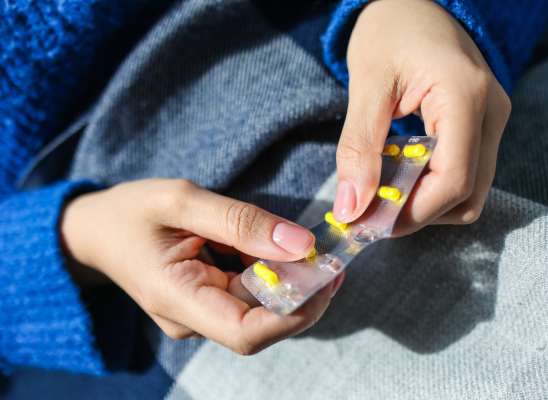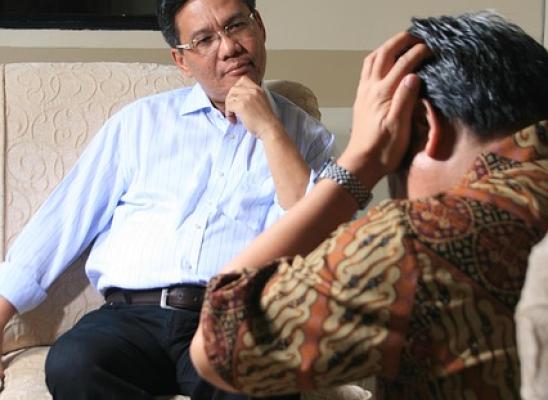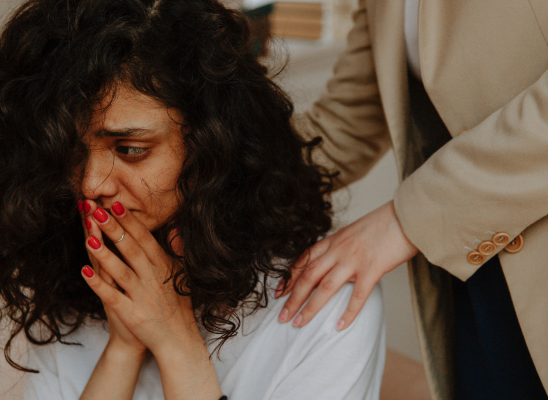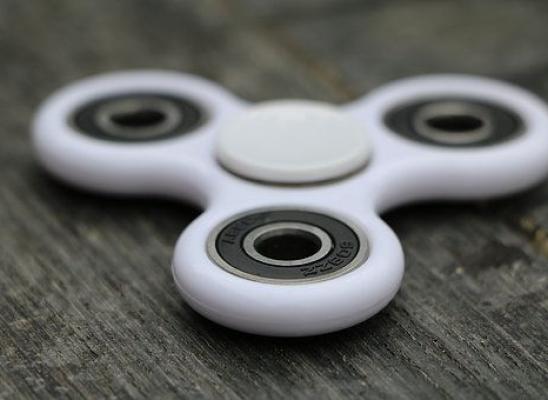Natural Recovery or Treatment: Better or Just Different?

Online test
Find out the severity of your symptoms with this free online test
If you or someone you love is living with trichotillomania or other body-focused repetitive disorder (BFRB), finding something to help manage your trich is probably at the top of your list. There’s no shortage of tips, tools, and “it worked for me” out there. And, then there’s therapy. For some, doing on their own sounds appealing. For others, therapy has been a godsend. Is one way better than the other?
The fact is trichotillomania is a highly heterogeneous disorder meaning that it varies widely in how it manifests in people. Not surprisingly, there are also many strategies for dealing with it, some backed by science while others make the rounds on the socials. You’ve thought about therapy. You’ve even heard of people who claim they’ve been able to stop on their own.
What is the truth? Is it possible to stop pulling on your own or is therapy the only way?
Natural Recovery
While there is no definitive “cure” for trichotillomania, there is both empirical and anecdotal evidence that some people have found relief without formal treatment. This remission of symptoms that is not the result of treatment is referred to as natural recovery or self-change.
Natural recovery is nothing new and is found in the literature for a number of issues. Trich is no different. In fact, a 2021 study involving over 10,000 respondents found that 24.9% of people with trichotillomania reported that they no longer had symptoms of trich, and had never received treatment for it. Older people and those without a co-occurring condition such as OCD seemed to be better able to achieve natural recovery.
Accounts vary widely but proponents of using self-help strategies report being able to stop or manage their hair pulling on their own.
Some of the many self-help strategies that have been mentioned include:
- Managing stress
- Using fidgets
- Good hair and skin care
- Having a good support system
- Structured self-help programs
There are a number of online communities where users living with trich find support. For some, self-help is enough. For others, their trich may be more resistant to change and require a different approach. When self-help isn’t enough, treatment can help.
When Self-Help Doesn’t Help
With about a quarter of people able to stop pulling on their own, that leaves a large percentage for whom treatment might be helpful. It is well-known that a significant number of people with trich and other BFRBs don’t seek treatment. Studies have found that less than 20% of people with trich receive psychotherapy for their hair pulling which is the first line treatment and less than 40% receive any treatment specific to their hair pulling.
Probably the most well-known and widely accepted therapeutic approach is Habit Reversal Training (HRT). HRT is a behaviorally-based approach shown to be particularly effective in treating body-focused repetitive behaviors (BFRBs) like hair pulling. HRT has been shown to work well as both a stand-alone treatment and when combined with other treatment approaches such as Cognitive Behavioral Therapy (CBT) or Acceptance and Commitment Therapy (ACT). These combined approaches are thought to address both the behavioral and cognitive aspects of picking behavior.
If the idea of seeing a therapist has been daunting or too time-consuming, there are now a number of online treatment options that have shown to be quite effective. Whether in-person or online, you can now see someone in the way that feels best for you.
Whether you decide to try it on your own or seek therapy, it’s important to know that you can heal. You can learn how to manage your trich. Seek out the resources that are right for you and seek support. There is community. There is help. There is hope.
References
1. Grant, J. E., & Chamberlain, S. R. (2021). Natural recovery in trichotillomania. The Australian and New Zealand journal of psychiatry, 48674211066004. Advance online publication. https://journals.sagepub.com/doi/10.1177/00048674211066004
2. 50 ways to stop pulling your hair – TLC Foundation for BFRBs. (2022, September 27). TLC Foundation for Body-Focused Repetitive Behaviors. https://www.bfrb.org/articles/50-ways-to-stop-pulling-your-hair
3. Help yourself: A self-help program to manage hair pulling. (2022, September 27). TLC Foundation for Body-Focused Repetitive Behaviors. https://www.bfrb.org/articles/help-yourself-a-self-help-program-to-managing-trichotillomania
4. Woods, D. W., Flessner, C. A., Franklin, M. E., Keuthen, N. J., Goodwin, R. D., Stein, D. J., Walther, M. R., & Trichotillomania Learning Center-Scientific Advisory Board (2006). The Trichotillomania Impact Project (TIP): exploring phenomenology, functional impairment, and treatment utilization. The Journal of clinical psychiatry, 67(12), 1877–1888. https://www.psychiatrist.com/jcp/impulse/conduct-disorders/trichotillomania-impact-project-tip-exploring-phenomenology/
5. Cohen, L. J., Stein, D. J., Simeon, D., Spadaccini, E., Rosen, J., Aronowitz, B., & Hollander, E. (1995). Clinical profile, comorbidity, and treatment history in 123 hair pullers: a survey study. The Journal of clinical psychiatry, 56(7), 319–326. https://pubmed.ncbi.nlm.nih.gov/7615485/
6. Skurya, J., Jafferany, M., & Everett, G. J. (2020). Habit reversal therapy in the management of body focused repetitive behavior disorders. Dermatologic Therapy, 33(6). https://onlinelibrary.wiley.com/doi/pdfdirect/10.1111/dth.13811?casa_token=5Ci1ua8n0zkAAAAA%3Atj3GKKbvITBE7AXQXlnGIeEqKhnV3FJxCe35RWzCOMxF--pXRIVQPJarUVn651hyAKuCF0o6gmNx0Q&
Online test
Find out the severity of your symptoms with this free online test
Start your journey with TrichStop
Take control of your life and find freedom from hair pulling through professional therapy and evidence-based behavioral techniques.
Start Now



